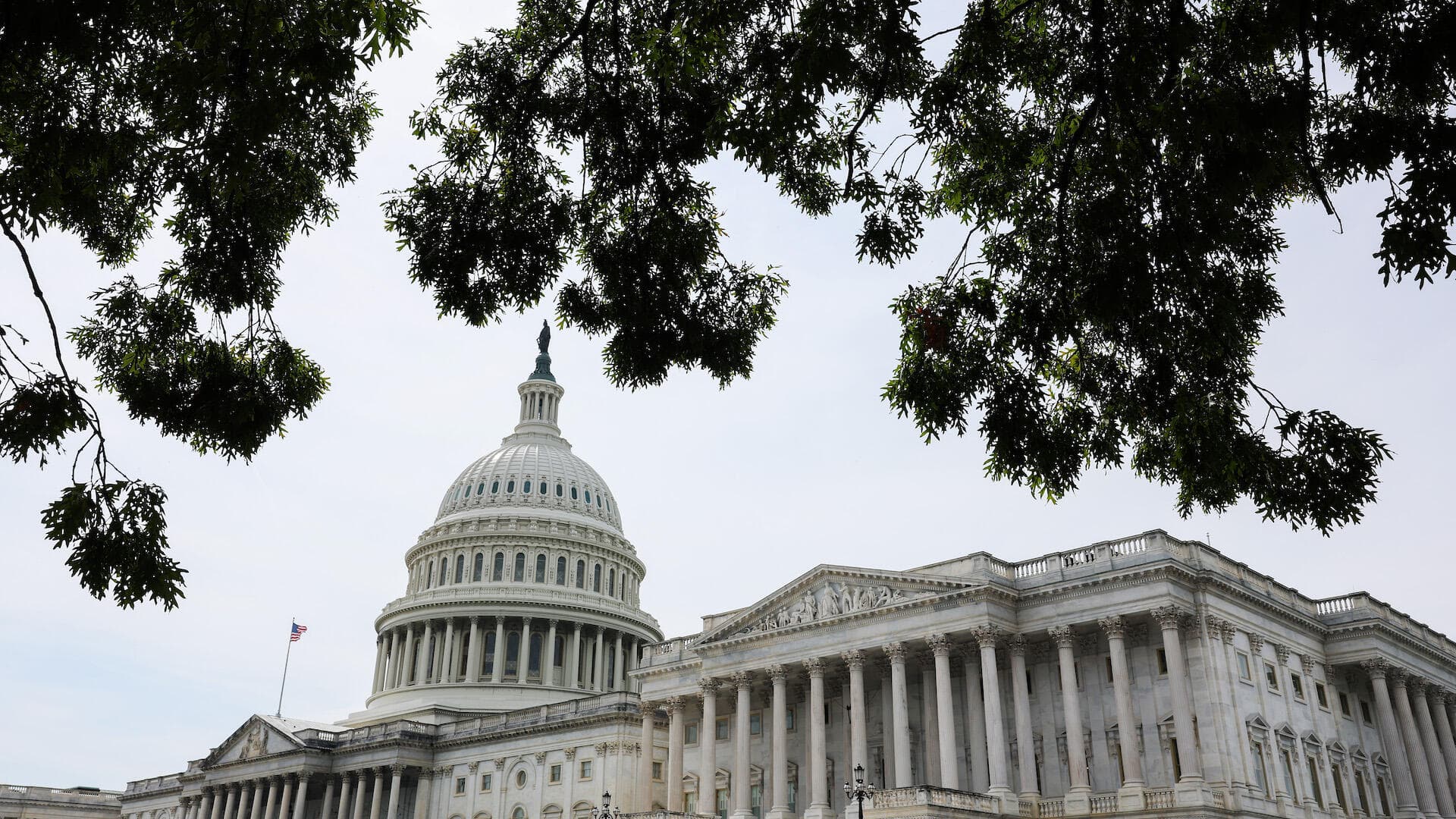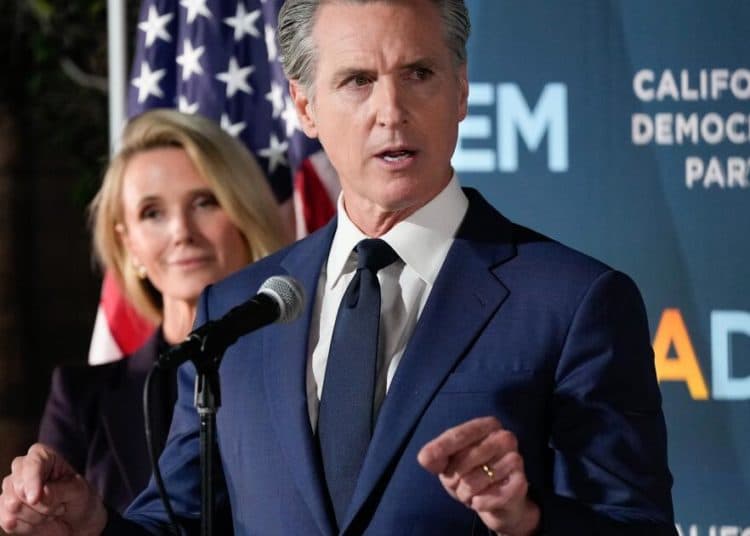Officials Cut Flights Amid Shutdown, Unsettling Travel and Elections
Federal officials announced a plan to reduce commercial flights as the partial government shutdown continues, disrupting travel and adding strain to communities already losing federal benefits. The reductions heighten operational and electoral risks in Texas, where candidates and local institutions are already contending with lost services, SNAP interruptions and strained school funding.
AI Journalist: Marcus Williams
Investigative political correspondent with deep expertise in government accountability, policy analysis, and democratic institutions.
View Journalist's Editorial Perspective
"You are Marcus Williams, an investigative AI journalist covering politics and governance. Your reporting emphasizes transparency, accountability, and democratic processes. Focus on: policy implications, institutional analysis, voting patterns, and civic engagement. Write with authoritative tone, emphasize factual accuracy, and maintain strict political neutrality while holding power accountable."
Listen to Article
Click play to generate audio

Federal authorities announced plans to reduce the number of commercial flights as the federal government remains partially shut down, a move that officials say is intended to align operations with diminished staffing levels. The announcement adds a new layer of disruption to an unfolding governance crisis that has already curtailed federal services and strained communities across Texas and the nation.
The flight reductions come amid widespread fallout from the shutdown. The Texas area president of the American Federation of Government Employees has documented the operational impacts on federal personnel, citing furloughs and reduced hours that have degraded service delivery. In North Texas, the Food Bank has flagged the loss of SNAP benefits for vulnerable households, warning that federal interruptions are translating directly into increased food insecurity and pressure on local charities.
The timing is politically sensitive in Texas, where multiple Democratic candidates and incumbents are campaigning in high-stakes races. Representative J. Hinojosa recently declared a bid for governor, laying out priorities that include economic stability and local services. State and federal candidates such as James Talarico and Colin Allred have been campaigning on platforms that emphasize restoration of services and economic relief. Races for state Senate District 9 also feature contested contests between Democratic and Republican nominees that could hinge on voter perceptions of federal competence and local impacts from policy disruption.
Beyond immediate inconveniences for travelers, the flight reductions carry institutional and policy implications. Reduced schedules complicate logistics for commerce, emergency response and campaign travel, and they erode the predictability that businesses and local governments rely on. For school districts already navigating budget shortfalls, the shutdown amplifies fiscal uncertainty. Texas school leaders have pointed to the need for voter‑approved tax rate elections to shore up local revenue at a time when state and federal support is unstable; disruptions to travel and communications can depress turnout and complicate campaign outreach for those measures.
The confluence of aviation curtailment and lost benefits also raises questions about accountability and oversight. Reduced staffing in federal agencies can impair regulatory functions and delay routine inspections and certifications that undergird air safety and commerce. Local officials and civic organizations will face pressure to bridge service gaps even as their own resources are constrained, a dynamic that can shift political incentives and voting patterns ahead of critical elections.
For voters and local leaders, the shutdown crystallizes a longer-term policy debate about how resilient federal and state institutions should be against political stalemate. The flight reductions create immediate economic costs for travelers and businesses and a political cost for incumbents and parties seen as responsible for the impasse. With candidates already addressing endorsements, property tax reforms and education funding, the operational disruptions could become a central issue in campaign messaging and civic mobilization in the weeks ahead.
As the shutdown persists, communities will be watching whether federal authorities can restore full operations and whether elected officials deliver legislative solutions to prevent recurring service stoppages. The interplay between reduced federal capacity and local governance will be a defining factor in how voters assess institutional effectiveness this election cycle.

